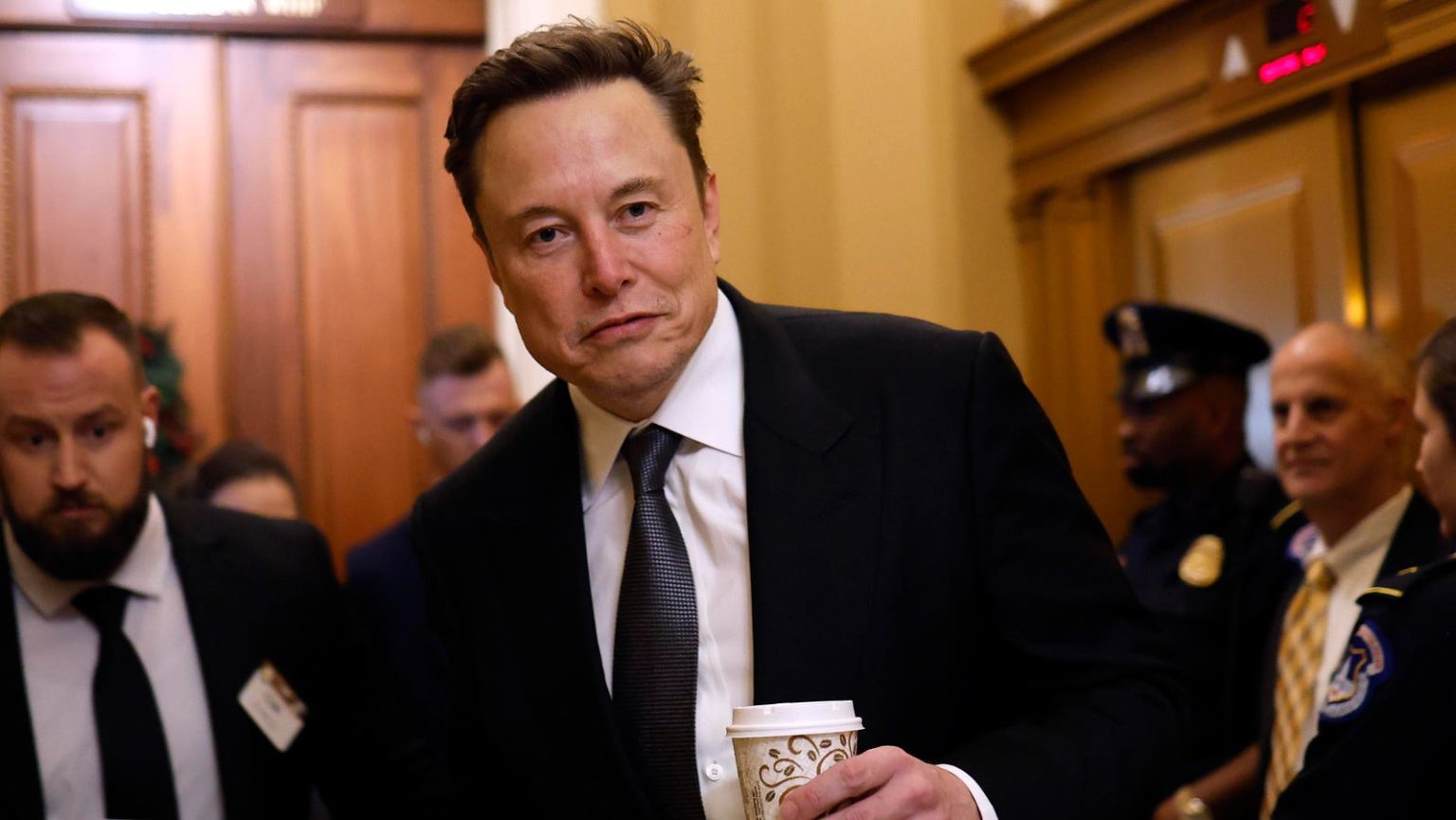Elon Musk Eyes Potential Acquisition of TikTok’s U.S. Operations, Sparking Speculation and Debate
The digital landscape is abuzz with speculation surrounding a potential acquisition of TikTok’s U.S. operations by none other than Elon Musk, the world’s richest individual and owner of the social media platform X (formerly Twitter). While the deal remains firmly in the realm of conjecture, fueled by recent reports and analyst projections, the implications of such a merger are vast, potentially reshaping the social media ecosystem and raising crucial questions about data security, market dominance, and the interplay between technology and geopolitics. The estimated price tag for this acquisition, according to Wedbush analyst Dan Ives, hovers between $40 billion and $50 billion, mirroring the sum Musk shelled out for Twitter in 2022. This projection significantly surpasses the $20 billion bid recently tabled by Project Liberty, a U.S.-led consortium vying for ownership of the popular short-form video platform.
The whispers of Musk’s interest in TikTok come as the app faces an impending ban in the United States, slated to take effect on Sunday unless its Chinese parent company, ByteDance, divests its U.S. operations to an American entity. The ban, driven by concerns over data security and potential Chinese government influence, has created a high-stakes environment for TikTok, its users, and potential buyers. The Supreme Court’s upcoming ruling on an appeal to the ban, coupled with President-elect Donald Trump’s potential to extend the deadline by 90 days, adds further complexity to the situation. Trump, despite past criticism of TikTok, holds the power to influence the platform’s fate in the U.S. Musk’s reported close relationship with Trump adds another layer of intrigue to the narrative, leading some analysts to speculate about potential back-channel discussions and the influence of political dynamics on the future of TikTok.
Should Musk acquire TikTok’s U.S. operations, it would represent a "golden asset pickup" for him and X, argues Ives, who has a history of covering both Twitter and Tesla. The potential synergy between X and TikTok, with their distinct user bases and content formats, could create a social media behemoth with unprecedented reach and influence. TikTok boasts a user base of roughly one-third of the American population, surpassing X’s 21% share, according to a recent Pew Research survey. This acquisition could drastically alter the competitive landscape, potentially challenging established players like Meta (Facebook and Instagram) and further consolidating power within the tech industry.
However, the purported acquisition is not without its skeptics. A TikTok spokesperson has categorically dismissed the reports as "pure fiction," emphasizing the lack of concrete evidence or official statements from either Musk or ByteDance. Musk himself has remained silent on the matter, further fueling the uncertainty. The lack of confirmation from any involved parties underscores the speculative nature of these reports, highlighting the complex and often opaque nature of high-stakes business negotiations. The contrasting narratives – reports suggesting Chinese officials’ willingness to facilitate a sale to Musk versus TikTok’s outright denial – add to the intrigue and raise questions about the veracity of the information circulating.
The backdrop to this developing story is the ongoing tension between the U.S. and China, particularly concerning technology and data security. The U.S. government’s concerns over TikTok stem from the potential for the Chinese government to access user data, raising national security implications. This tension has led to calls for a ban or forced sale of TikTok’s U.S. operations, creating a challenging environment for ByteDance and prompting its exploration of potential buyers. Other American billionaires, including Frank McCourt, former owner of the Los Angeles Dodgers, and Jeff Yass, whose firm owns a substantial stake in ByteDance, are also involved in the bidding process, adding further complexity to the situation. The involvement of these high-profile figures underscores the significant financial and political stakes involved in the future of TikTok.
Musk’s existing business ties with China, particularly through his electric vehicle company Tesla, add another dimension to the narrative. China represents a significant market for Tesla, accounting for a substantial portion of its revenue. This established relationship with the Chinese government, as Ives points out, could potentially give Musk an advantage in negotiations for TikTok. However, this connection also raises concerns about potential conflicts of interest and the influence of geopolitical factors on the outcome. The delicate balance between Musk’s business interests in both the U.S. and China adds a layer of complexity to the already convoluted situation. Whether this connection ultimately helps or hinders a potential acquisition of TikTok remains to be seen. The unfolding story of TikTok’s future in the U.S. is a complex interplay of business interests, political maneuvering, and technological innovation, with significant implications for the future of social media and the global digital landscape.


